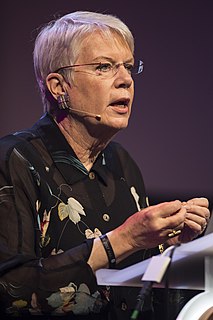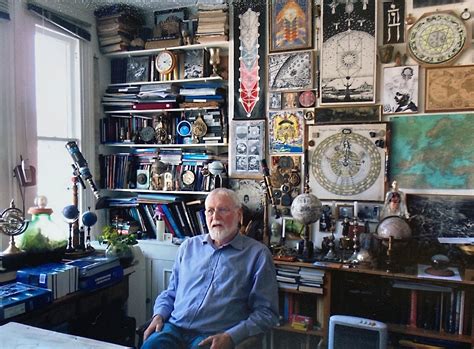A Quote by Jules Verne
If Providence has created the stars and the planets, man has called the cannonball into existence.
Related Quotes
There was a sky somewhere above the tops of the buildings, with stars and a moon and all the things there are in a sky, but they were content to think of the distant street lights as planets and stars. If the lights prevented you from seeing the heavens, then preform a little magic and change reality to fit the need. The street lights were now planets and stars and moon.
You couldn't be here if stars hadn't exploded, because the elements - the carbon, nitrogen, oxygen, iron, all the things that matter for evolution - weren't created at the beginning of time. They were created in the nuclear furnaces of stars, and the only way they could get into your body is if the stars were kind enough to explode. So, forget Jesus. The stars died so that you could be here today.
. . . for until that God who rules all the region of the sky . . . has freed you from the fetters of your body, you cannot gain admission here. Men were created with the understanding that they were to look after that sphere called Earth, which you see in the middle of the temple. Minds have been given to them out of the eternal fires you call fixed stars and planets, those spherical solids which, quickened with divine minds, journey through their circuits and orbits with amazing speed.
How have I been able to live so long outside Nature without identifying myself with it? Everything lives, moves, everything corresponds; the magnetic rays, emanating either from myself or from others, cross the limitless chain of created things unimpeded; it is a transparent network that covers the world, and its slender threads communicate themselves by degrees to the planets and stars. Captive now upon earth, I commune with the chorus of the stars who share in my joys and sorrows.
Providence creates an unfolding situation that is exactly what the person needs, although not always what he may think he wants or desires. This is called luck by those who are unaware of the workings of higher Worlds. Providence also creates very difficult circumstances to reveal or dissolve a fixed situation ... This is called bad luck or later, A Blessing in Disguise.






































